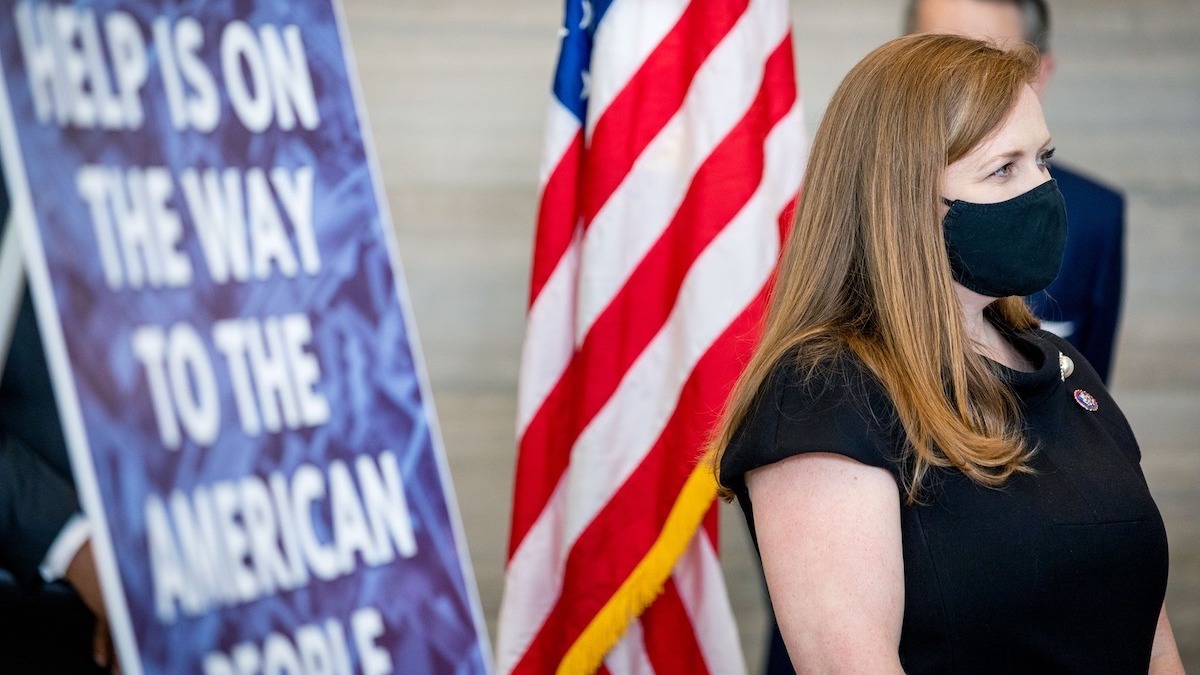On May 20, President Joe Biden signed the COVID-19 Hate Crimes Act (also known as S.937), which creates a new position at the Department of Justice to review hate crimes and reports of hate crimes.
The bill, sponsored by Sen. Mazie K. Hirono (D-HI) was introduced on March 23, and its passage is what many call a “rare moment of bipartisanship.”
On May 19, Rep. Lizzie Fletcher (D-Texas) praised her colleagues for passing the act, in a message posted to her Twitter account.
“Proud to stand with my House colleagues to pass the COVID-19 Hate Crimes Act. More than 6,600 reports of anti-Asian hate incidents have been reported since last March. This bigotry and discrimination doesn't reflect our community's values. #StopAsianHate,” Fletcher wrote.
Work on the bill began after the shootings in Atlanta, Georgia, on March 16, in which eight people died. Six of the victims were women of Asian descent, and that caused speculation that the shootings were racially motivated.
Not only will the bill create a position at the Department of Justice to ensure a review of COVID-19-related hate crimes happens more quickly, but it will also provide grants to law enforcement agencies for training in how to respond to hate crimes, and to help state and local partners to work together to lessen discriminatory language used to describe the COVID-19 pandemic.
The Senate voted 94-1 to pass the legislation in April, with Sen. Josh Hawley (R-Missouri) passing the lone vote against the act.
Rep. Grace Meng was a co-author of the original bill.
“For too long, Asian Americans have been seen as invisible and silent,” she said. “But today, we are at a galvanizing moment where we say loud and clear that we are as American as anyone else in this country, and that we will be seen as invisible no more.”

